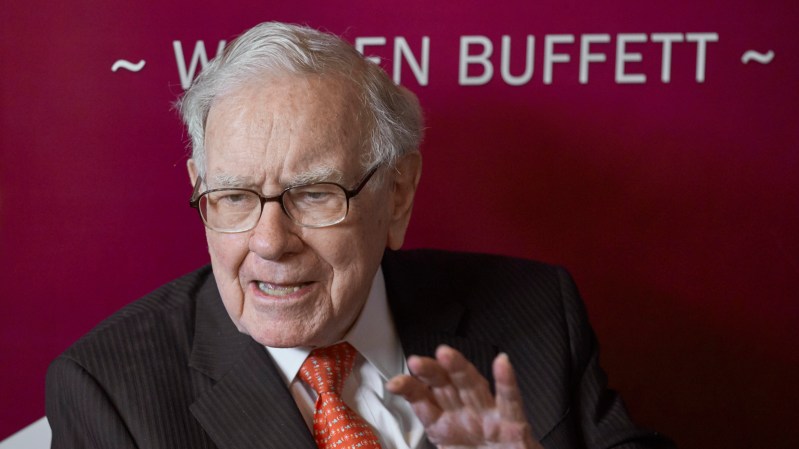Investors pull record $15bn from China over fears for its economy
Investors pulled a record amount of cash out of China in the second quarter of this year amid concerns about the health of the world’s second-largest economy, official data showed.
In the three months to June, outflows of investor capital from China reached $15 billion, according to balance of payments figures published by the State Administration of Foreign Exchange last Friday. The numbers were first reported by Bloomberg.
Balance of payment data can be used to measure flows of capital into and out of an economy’s financial markets and company profits. China’s direct investment liabilities, a proxy for the amount of capital that traders have invested in a country, decreased for only the second time on record over the past three months. In the first six months of this year, liabilities fell by $5 billion.

Chinese companies are also stepping up outbound investment at a record pace, spending $71 billion overseas in the second quarter, an increase of more than 80 per cent from $39 billion in the same period last year. The rise in outbound investment could be a reflection of Chinese firms seeking out less risky and more profitable investments elsewhere as the domestic economy remains sluggish.
The State Administration of Foreign Exchange data underscored the challenges facing Chinese policymakers in trying to revive sentiment towards the economy. A deep-seated property crisis and a slower-than-expected recovery from the pandemic have prompted investors to turn elsewhere.
The prospect of an escalation in trade tensions between the United States and China has also encouraged investors to dispose of their Chinese assets to avoid potential complications in accessing their capital.
Higher interest rates on offer in western economies are likely to have driven traders to divest from China and use the proceeds to buy assets elsewhere. The US Federal Reserve has increased the federal funds rate to a 23-year high of 5.25 per cent to 5.5 per cent and this month the Chinese central bank elected to cut several key rates.
Yields on Chinese government bonds have been on a steady descent in recent months, raising concerns in Beijing that cheap borrowing costs could create bubbles in asset markets. Politicians have tried to stem the rally in bond prices, which move inversely to yields, while several bond brokers said that they had curbed trading in the asset class.






